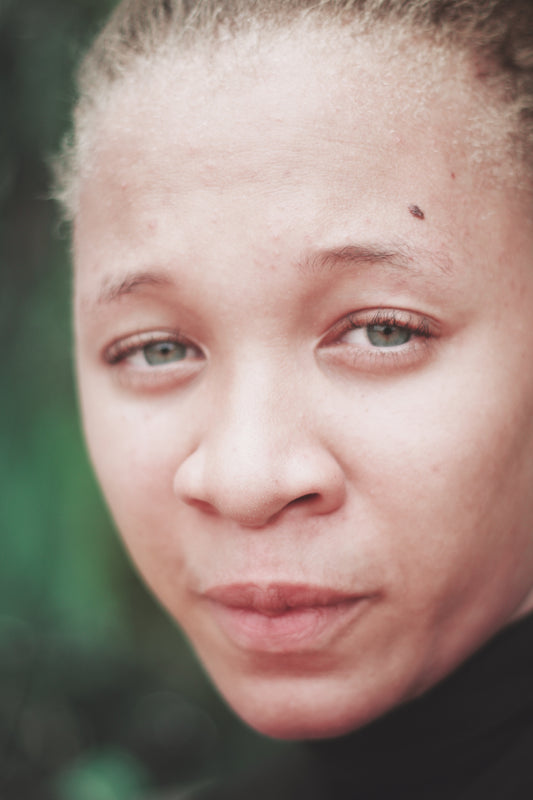According to a study conducted by the Cooper Institute, nearly 76% of African American adults are vitamin D deficient. Whilst COVID-19 has put this vitamin in the news, what are the risks associated with black female health.
Risks
COVID-19
Recent studies have shown that people with low vitamin D levels had more severe COVID-19 and had a higher mortality rate from the disease (up to 20 times higher) than people with normal vitamin D levels. This may be one of the many reasons why people who have had a disproportionate impact on people of BAME origin (Blacks, Asians and ethnic minorities) especially when they live in countries with colder climates and limited sunlight, such as the UK.
CANCER
Black women may be more likely to develop more aggressive forms of breast cancer, but whether vitamin D plays a role is unclear, Alyssa Houston said, adding that more research is needed. Vitamin D deficiency is common among the general population and pregnant women, but noted that black women are at higher risk, said study lead author and researcher Melissa Melow of the Center for Child Health, Behavior, and Development at Seattle Children's Research Institute.
PREGNANCY
About 46 percent of mothers in the study had a vitamin D deficiency during pregnancy, and women had low levels of vitamin D. Black women outnumber white women. The amount of vitamin D in most prenatal vitamins is not high enough for pregnant women to achieve adequate blood levels, especially black and Hispanic women, who may need it the most.
MOST SUPPLEMENT DO NOT HAVE ENOUGH VITAMIN D FOR BLACK WOMEN
One study found that vitamin D supplementation at a dose of 4,000 IU per day can safely and effectively increase vitamin D levels to healthy blood levels in pregnant black, Hispanic, and white women.32 However, pregnant women are advised to consult their physician to obtain a vitamin D analysis blood and discuss their personal nutritional supplement needs. The current standards for adequate vitamin D levels are based on studies of bone health, which may be relatively better preserved in blacks with lower vitamin D levels.






1 comment
Thank you so much for providing this information!!!!!!!